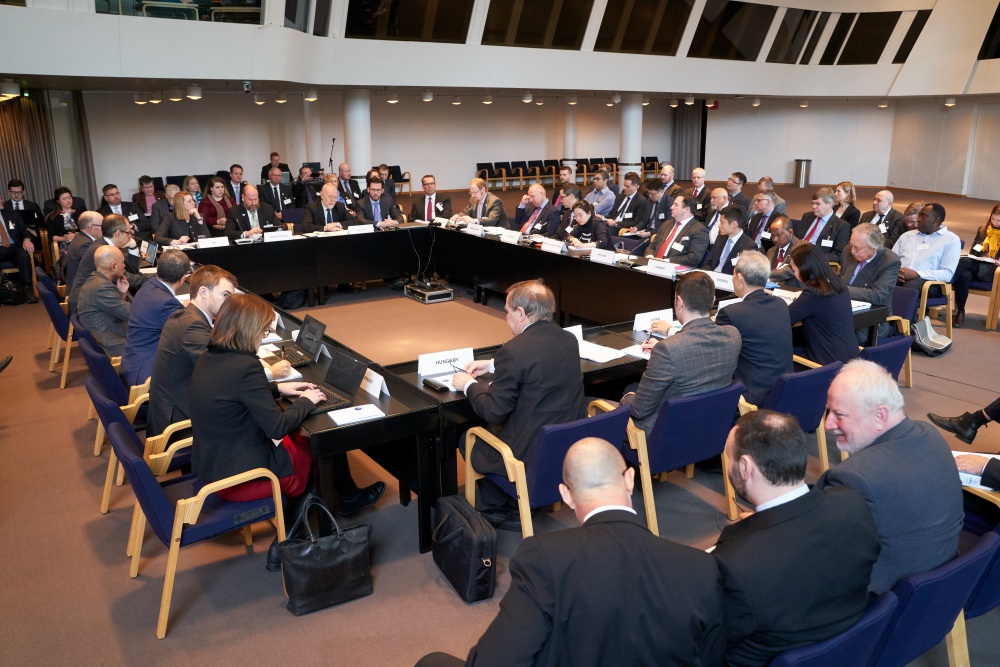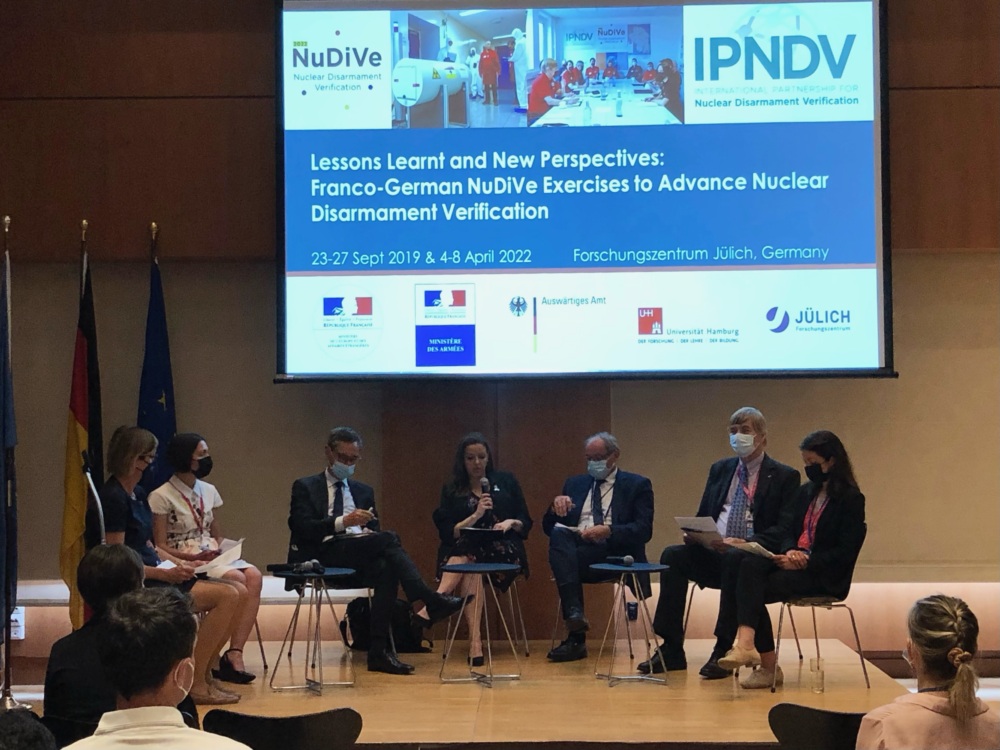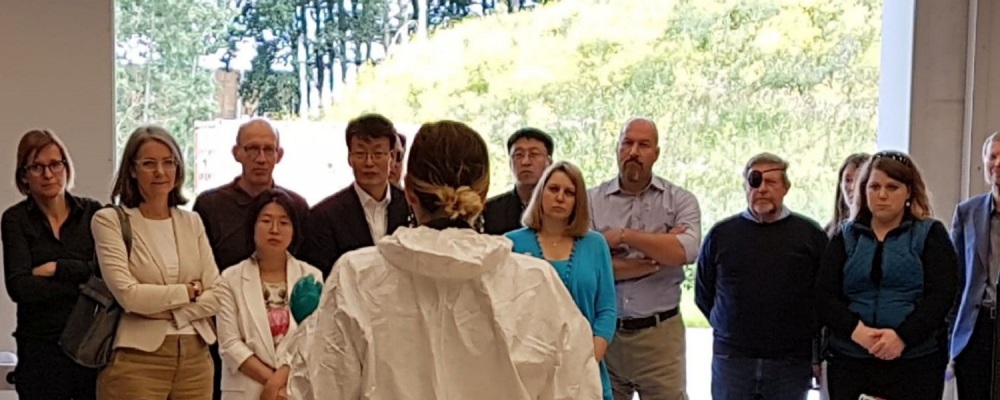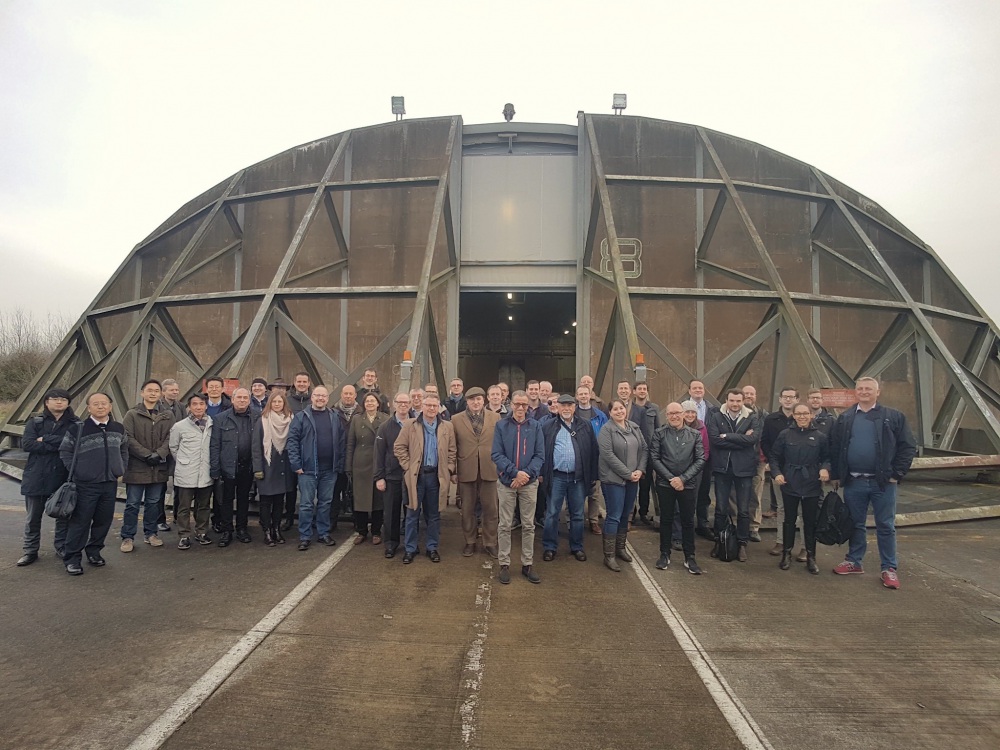
Rachel Staley Grant
Deputy Vice President, Communications
Atomic Pulse
A core
goal of the International Partnership for Nuclear Disarmament Verification (IPNDV) is to build a foundation for understanding the complexities of nuclear
disarmament verification among countries with and without nuclear weapons. In
2018, when the IPNDV entered its second multi-year phase of work, the partners welcomed
the participation of two new countries as they continued to review processes
across the nuclear disarmament lifecycle and prepare for exercises and
demonstrations. Below, representatives from Hungary and Nigeria explain why
their countries joined the IPNDV.
Ambassador Dr. György Molnár of Hungary is the
Special Representative of the Minister of Foreign Affairs and Trade for Arms
Control, Disarmament and Non-Proliferation.
“Since
Hungary was invited to join the IPNDV, we have actively engaged in
the work of the Partnership because we share the view that by developing
effective and reliable verification and monitoring mechanisms and capabilities,
we can contribute to advancing multilateral nuclear disarmament.
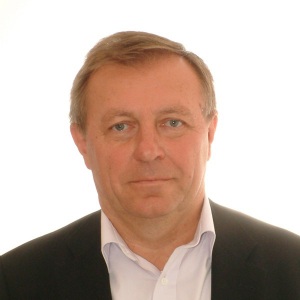
“Therefore, we have put together an IPNDV team
consisting of diplomats, military officers with experience in the verification
of conventional arms control as well as confidence and security building
measures, and scientists from our Centre for Energy Research.
“We have already made a presentation in Working
Group 6 (Technologies for Verification) showcasing our verification
capabilities and equipment.
“The four meetings we have participated in so far
reinforced our conviction that nuclear
and non-nuclear weapon states can work together on nuclear disarmament
verification, in conformity with their obligations under the Nuclear
Non-Proliferation Treaty, and that non-nuclear weapon states can also make an
important contribution to this complex endeavor. We look forward to continue
working on the technical aspects of verification by building
capacity and creating a toolbox for nuclear disarmament verification. Since we
believe that exercises provide us with the best way to test the results of our
work, we also intend to participate in the two exercises, which aim to assess how
chain of custody can be maintained during and after dismantlement, and
investigate the performance of measurement methods.”
Dr. Yusuf A.
Ahmed of
Nigeria is the Director and Head of Laboratories at the Centre for Energy
Research & Training at the Nigeria Atomic Energy Commission located within
Ahmad’s Bello University.
“The Joint Working
Group Meeting hosted in Helsinki, Finland in March was the first IPNDV meeting
that I have attended, and I have a very positive reaction to the excellent work
being done by the partner countries. It is astonishing that we are having open
discussions about how to identify and verify the presence of nuclear weapons, what
technology can be used to verify and monitor dismantlement, and ways to promote
trust, confidence building, and mutual understanding.
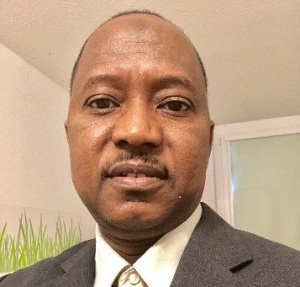
“I am impressed
by how the Partnership brings countries with and without nuclear weapons
together; it really promotes trust, confidence building and mutual
understanding of concerns of possessor and non-possessor states.
“Nigeria
has welcomed the opportunity to participate in the IPNDV as a way to learn from
others, and to share our own experiences with nuclear non-proliferation and
security that have relevance on dismantlement verification and monitoring work.
For example, in 2018, working closely with the U.S. Department of Energy,
Nigeria became a highly enriched uranium-free country when it downgraded its
HEU from 90% to 13%. We value our international partnerships in the nuclear
sphere, including our work with the IAEA on safeguard issues. We are dedicated
to arms control, disarmament and non-proliferation and are part of several
conventions on these issues, including the Nuclear Non-Proliferation Treaty. We
look forward to participating more in the IPNDV meetings and activities
throughout the rest of Phase II and beyond.”
Read
more about the work done at the Joint Working Group meeting hosted in Helsinki here.
IPNDV partners will meet again in Utrecht in June.
Sign up for our newsletter to get the latest on nuclear and biological threats.
Diplomats and experts who met in New York last month to review implementation of the Treaty on the Nonproliferation of Nuclear Weapons (NPT) had an opportunity to learn more about a groundbreaking partnership working to pave the way for future progress on the reduction and elimination of nuclear weapons.
IPNDV Prepares for Nuclear Disarmament Verification Exercises
IPNDV Experts Tackle 14 Steps of Disarmament Lifecycle, Test Theories and Methods
